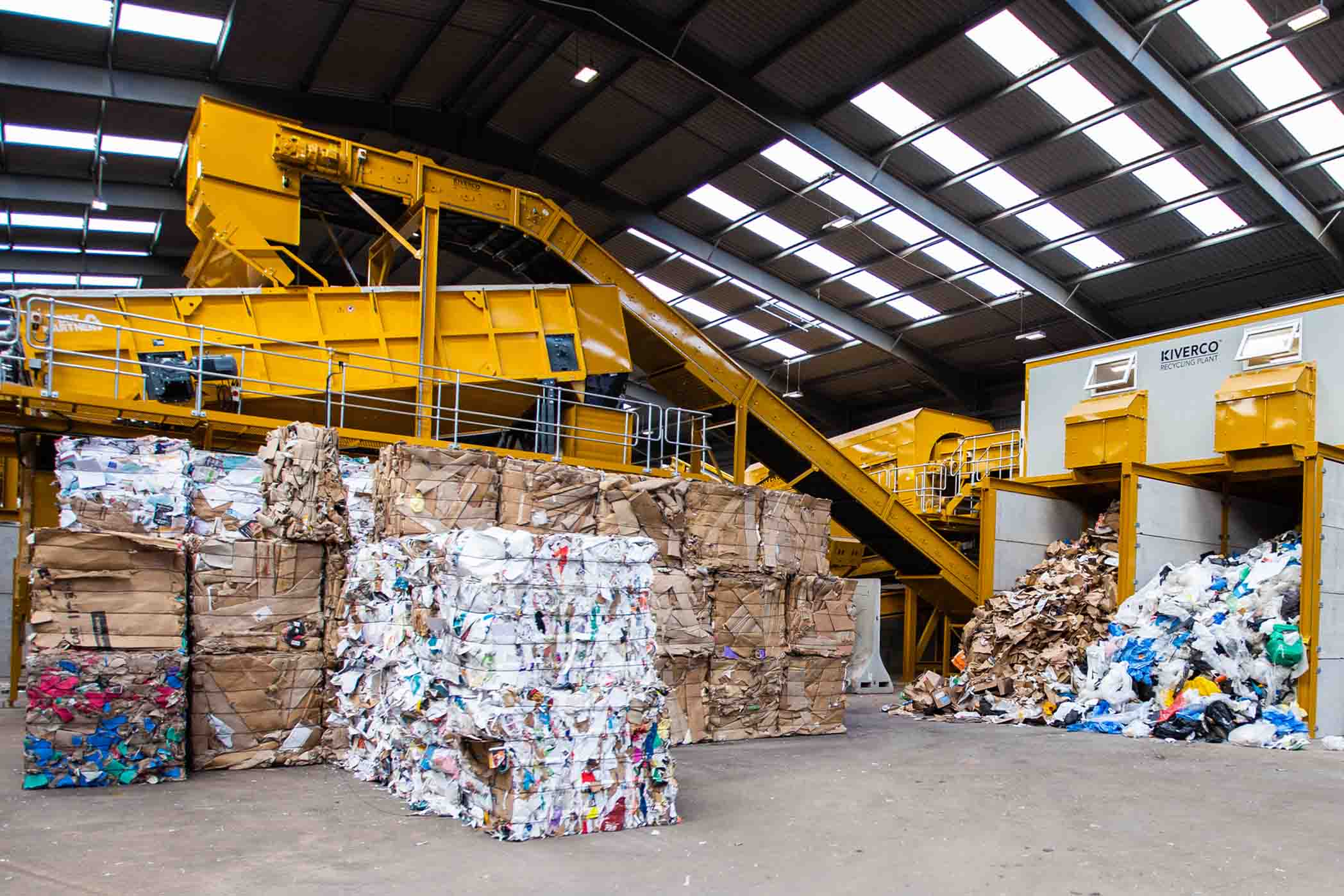Impact investing, blockchain, fintech, and cryptocurrencies

The Swiss financial services sector continues to evolve as a new wave of financial institutions and trends are transforming the field. In addition to the adaptation of traditional Swiss financial services now ensuring transparency at the forefront, there has been a surge in socially responsible investing, blockchain technology, fintech, and cryptocurrencies, all of which are revolutionizing the field.
Although the absolute contribution of financial services in Switzerland has fallen over the last ten years in relation to the country’s GDP, the financial and banking sectors remain key elements of the Swiss economy. Switzerland has sustained its position as a world leader in wealth and asset management, and the sector plays a vital role in contributing to Switzerland’s international top competitiveness ranking, serving as a catalyst for both economic and sustainable development.
Investing for a better world
For centuries, socially conscious investors avoided investing in “sin industries,” but in the 1960s there was a shift to not only actively avoiding, but rather investing towards positive initiatives, such as civil rights and equality. Over the decades, there has been phenomenal growth in impact investing, including a 270 percent increase in ESG (environmental, social and governance) assets since 2012.
Impact investments in particular have rapidly grown and continue to attract investors opting for both solid financial returns and the promise for positive change with their investments going towards measurable impact for society and the environment. The Global Impact Investing Network estimates the current market to be worth USD 715 billion. These targeted investments have a massive impact on the globe, helping to tackle some of the world’s foremost challenges, such as climate change and poverty. The International Finance Corporation, a member of the World Bank Group, estimates this field has the potential to grow to USD 26 trillion. The Swiss Sustainable Finance Association stated that impact investing is worth nearly CHF 55 billion in Switzerland, which is quite small relative to the CHF 1.16 trillion Swiss market for sustainable finance, but likely to increase moving forward.
“Switzerland remains the world’s largest financial center for cross-border private wealth management, and continues to evolve as trends are changing.”
Patrick Odier, Managing Partner of Lombard Odier Group
According to Patrick Odier, Managing Partner of Lombard Odier Group, one of the biggest players in the Swiss banking sector, “The Swiss live by several golden rules. One of them is not to spend more than you earn. This has ensured the nation developed a solid financial base to grow. Switzerland remains the world’s largest financial center for cross-border private wealth management, and continues to evolve as trends are changing. The power of investing and traditional charitable giving are strategically combined to achieve the highest impact possible. The lines between philanthropy and investing for impact are becoming increasingly blurred.”
Renaud de Planta, Senior Partner of Pictet Group, a Swiss multinational private bank and financial services company founded in Switzerland, and now one of the leading European independent wealth and asset managers, said, “The next generation of Swiss financial services will build on Switzerland’s existing strengths of financial solidity and services mindset. A rising number of young investors seek socially responsible investments, and they should trust Swiss providers who have a track record in creating new asset classes and pioneering complex products. The new generation of Swiss providers are building new products with sustainable and responsible investment strategies in fields including micro-financing and clean water.”
Demystifying blockchain, fintech and cryptocurrencies
Institutional and personal investors are seeking to diversify their portfolios not only through impact investing, but also revamp their portfolios and join the growing trend for blockchain technologies, fintech and cryptocurrencies. Switzerland is well-known as a vital hub for innovation in the financial services sector. Switzerland’s fintech sector is flourishing as transformative developments are on the rise from the emerging digitalization of banking and finance. The crypto and blockchain industries are Switzerland’s most developed fintech segments, and continue to develop new models, enhance efficiency, and in some categories, reposition traditional banking all together.

The Canton of Zug, nicknamed “Crypto Valley,” is a hotbed for cryptocurrencies and blockchain technologies. Zug has ambitions to become the global capital of cryptocurrencies and fintech, and establish itself as the world’s leading blockchain ecosystem. The Swiss fintech sector has several hundred companies, and a significant proportion of them are working within the field of Distributed Ledger Technology.
“Switzerland has positioned itself as a thought leader in the fields of digital assets and digital currencies.”
Päivi Rekonen, Chair of the Board of Directors, SEBA Bank
Päivi Rekonen, Chair of the Board of Directors of SEBA Bank stated, “Switzerland has positioned itself as a thought leader in the fields of digital assets and digital currencies. Switzerland’s regulatory framework is crypto friendly, and we have an excellent ecosystem for blockchain technologies to thrive, grow and take shape. Swiss companies utilize technology as an enabler for business transformation. In order to achieve transformation, it requires a certain skill set, competency, attitude, and strength. Switzerland has an exceptional talent pool well equipped with the skills necessary to innovative.”
Guido Bühler, CEO of SEBA Bank added, “A lot of innovation is driven out of Switzerland. On the digital currency side, this segment has been growing year-on-year by 350 percent. With regards to digital assets, Swiss Parliament approved new regulations for Blockchain and Distributed Ledger Technology, with the goal for the new legal framework to increase Switzerland’s reputation as a leading, innovative and sustainable location for fintech and blockchain companies. This will go into effect on February 1, 2021, and become fully implemented by August, 2021.”

SEBA Bank is a trailblazer in the field, and bridges the gap between old and new, merging the worlds of traditional banking with crypto banking. The entity is setting new standards for transparency, performance and safety. As a fully licensed and regulated Swiss bank, it provides secure and user-friendly methods for managing traditional assets and digital assets. It allows clients to secure, trade and manage cryptocurrencies, digital assets and conventional securities under the same roof. Their services include custody storage, trading and liquidity management, asset and wealth management, transaction banking, and tokenization. The company is redefining finance, and ensuring Switzerland maintains its footing as an innovative powerhouse.
“Investors want to have someone they trust taking care of their assets. As a fully regulated bank, SEBA Bank is reliable and trustworthy. If there is a token issued by SEBA Bank, you know that this token is representing a real asset, such as real estate or gold, and the execution of that token is guaranteed,” stated Rekonen.
Bühler stated, “We are the first bank with such a comprehensive service range combining traditional, digital and crypto assets worldwide. SEBA Crypto Asset Select Index (SEBAX®), is our next generation index. It addresses common pitfalls of traditional market-weighted indices and improves diversification significantly by representing between five to eight main cryptocurrencies at once and balances them. Our index has beaten all of the main benchmarks. It was introduced on July 4, 2019, and we are incredibly proud of its performance thus far. Compared to competitors, SEBAX® has a fifty percent lower cost ratio. It is a smart and reliable gateway into the crypto market.”
He continued, “In Switzerland, there is currently not a specific digital asset exchange, and this is something lagging. However, SEBA Bank’s tokenization platform can make liquidity available from its services and products until there is an exchange in Switzerland. We will launch the Swiss Franc Stablecoin, which is linked one-to-one to the Swiss franc. Currently, if you hold Swiss franc in a bank, you have to pay negative interest rates. SEBA Bank will offer an alternative. We will pay approximately half a percent in interest for our holders. We will be launching several new innovative tokens next year, watch this space! People across the world will soon start to realize that blockchain technologies allow for a new toolset, creating value for investors and those seeking liquidity.”
“Swiss Parliament approved new regulations for Blockchain and Distributed Ledger Technology, with the goal for the new legal framework to increase Switzerland’s reputation as a leading, innovative and sustainable location for fintech and blockchain companies.”
Guido Bühler, CEO, SEBA Bank
SEBA Bank has hit a frontier, and is closing the gap between the digital asset world and traditional banking. With growth plans, Rekonen and Bühler envision SEBA Bank becoming a global leader in integrated digital banking, and offering people across the world access to their financial instruments to improve daily lives, acting as an amplifier of wealth and knowledge.
Rekonen mentioned, “At SEBA Bank, we have innovative ideas in the pipeline, and are gathering partners to further develop these initiatives, but it is also important to make sure the market is ready for these new ideas. As of now, the mass market isn’t quite there yet. However, we are working to demystify this and help society at large understand this new trend through SEBAversity, an integral part of SEBA Bank whose mission is to educate, increase awareness and understanding of the digital economy. With Switzerland’s historic financial services industry and innovative mindset, and the growth of digital assets and currencies, SEBA Bank is playing an important role in the middle of these two worlds.”
Bühler added, “We are funneling macroeconomic and social trends into products, with the end goal to make the world a better place.” SEBA Bank is well poised to capture more growth and enable individuals, companies and institutional clients to invest safely, keep, trade and borrow against digital and traditional assets.

























